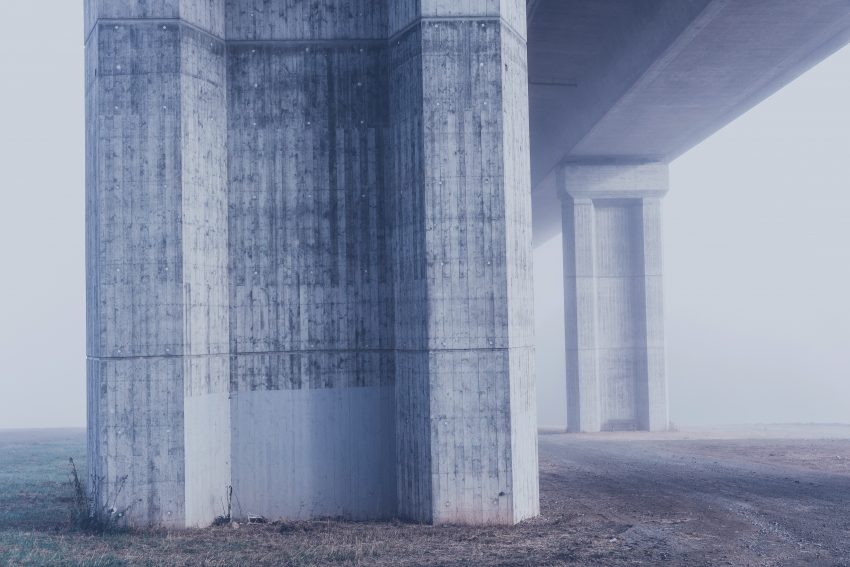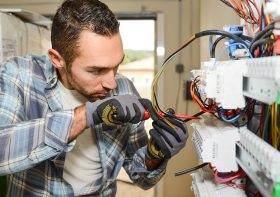Yes, Your Concrete Is Strong but Are You Protecting It?

You have used concrete for your flooring ever since you built your house. You have not had to worry about this aspect since you laid this flooring on your house. Yes, we agree with you a hundred per cent that your concrete floor is strong. Of course, it is!. It has withstood so many challenges over the years. But do you notice that it has lost its glossy appearance when you first laid it in? It was there for months together after that, but now not only is it looking faded, but cracks have also started appearing in it. It is a sign that your concrete flooring is aging and eroding. But don’t worry, it is not too late yet. You still have a chance to mend it, so it stays put for years. Read the article to find out how.
Concrete is tough and durable, but that too needs protection. Your concrete floor endures various rough elements and weather conditions, among other challenges. To make it strong and durable, you must seal your concrete floor. A concrete floor that is not protected stands vulnerable to corrosion, stain and surface damage. The concrete sealing Melbourne professionals recommend you to seal your concrete flooring for this particular reason so that you can add on to the years of the durability of the floor. Let us find out from the article how can unprotected concrete flooring be impacted and how sealing your concrete floors can prevent this from happening and benefit you in the long run:
Factors that Impact Concrete Sealing
Here are some factors that can affect the sealing of concrete
- Concrete is tough, but it is porous as well. Therefore in situations of constant freezing and thawing, if it is subjected to moisture constantly, such that it does not have sufficient conditions to dry, it will tend to absorb moisture, which can cause it to crack easily. Additionally, as a result of moisture absorption, mould, mildew and moss are formed, creating a green discolouration.
- The constant change in weather conditions and temperature can make the concrete brittle.
- Exposure to direct sunlight regularly can cause delamination of the concrete floors, meaning the layers on the surface can split, forming blisters.
- Concrete is affected by air as well. The air contains carbon dioxide, and concrete contains Calcium Hydroxide. A chemical reaction between the two results in the formation of Calcium Carbonate, commonly known as Carbonation. An unsealed concrete floor is thus prone to damage by this chemical reaction.
Benefits of Concrete Sealing
Sealing your concrete floor can give you the following benefits:
- Sealing repels the formation of moisture on concrete, preventing the formation of mosses and moulds on it. It also protects the floor from other weather conditions and elements, such as oil spills, chlorine from the pool, dirt and so on. A concrete floor that is not affected by moisture and other harsh weather conditions is more prone to last longer and less susceptible to damage and cracks than an unprotected concrete floor.
- Sealing a concrete floor is way more cost-efficient than reconstructing a new floor altogether.
- The concrete sealing Melbourne experts know the best concrete sealer for your space that will help you not only enhance the visual appearance of your concrete floor but also prevent it from fading. In addition, this will help maintain your floor properly from harsh weather conditions and other elements and prevent the formation of stains on it.
Conclusion
Sealing concrete floors does not cost you much but gives you a good and long-lasting return. Therefore, now that you know how to protect your concrete floor make sure you contact the experts today and protect your investment so that it lives with you for a long time.




Leave a Reply